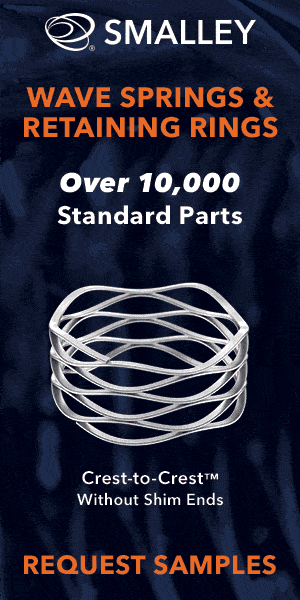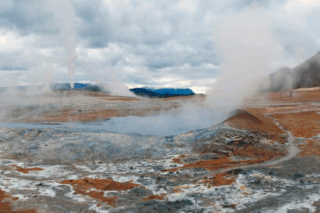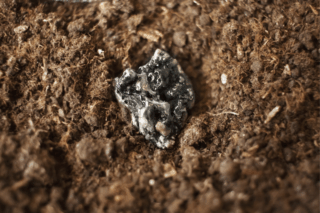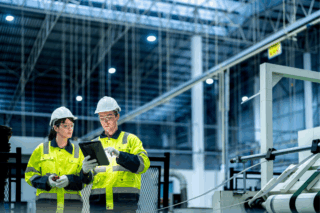The French startup Limatech is poised to launch its lithium aircraft starter battery aimed at decarbonizing aviation. This next-generation battery offers several advantages: it’s lighter, less toxic, and less polluting than traditional nickel batteries. DirectIndustry had the opportunity to interview Florence Robin, the co-founder of Limatech.
Founded in 2016 in Toulouse and stemming from CEA (the French Alternative Energies and Atomic Energy Commission), the deep-tech industrial startup Limatech is introducing its lithium battery to decarbonize aviation. The company is awaiting certification before commercializing and supplying its first customers. It is also in the process of raising €20 million in funding. But what exactly is this battery, and what is its potential in the aerospace sector?
Less Toxic
There are two types of companies in the battery industry: cell-makers and pack-makers. Unlike cell-makers who manufacture the electrochemistry, i.e., the battery cell, pack makers purchase the cells or accumulators, i.e., the cells, and assemble them in series or parallel to create battery packs. This involves electronics and mechanics. Limatech is a pack-maker.
Their value proposition: a starter battery for thermal engines in aviation that is less toxic than current lead or nickel-cadmium batteries and also lighter. Florence Robin, the co-founder of Limatech, explains that their choice fell on lithium:
“The nickel-cadmium batteries currently used in aviation are toxic, carcinogenic, and mutagenic. We opted for lithium. There are several lithium chemistries. We chose LFP (lithium iron phosphate also called lithium ferrophosphate), which is one of the most stable and secure chemistries. It’s not the lithium found in our computers or phones.”
Lithium requires half as much maintenance and also has a longer lifespan (about two and a half times longer), approximately ten years.
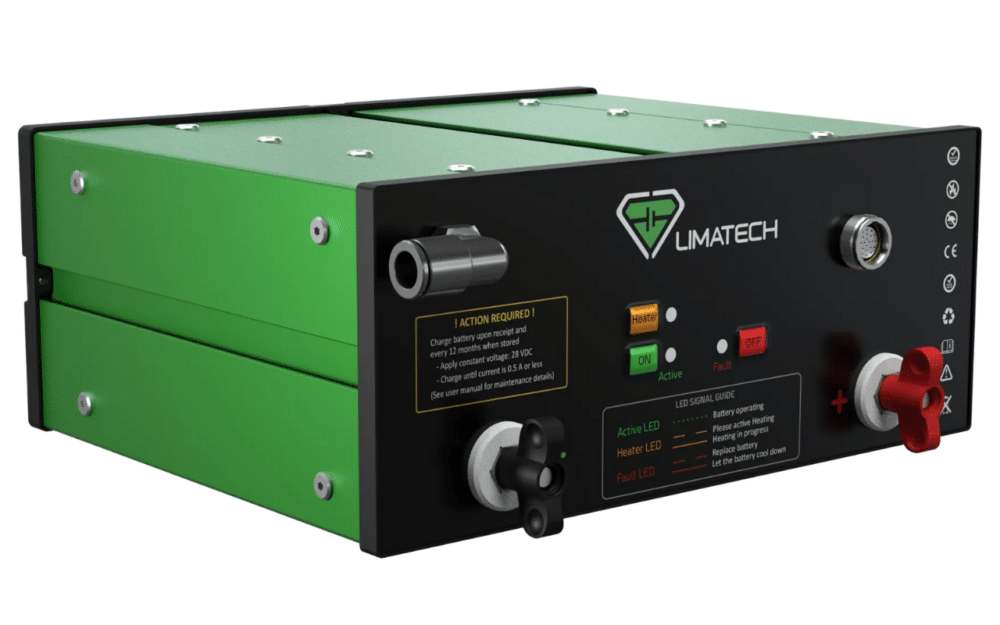
Hunting for Grams
However, another crucial advantage for aviation of an LFP battery is its lightweight nature. In the aviation world, where every gram counts, this argument could convince decision-makers, hopes Florence:
“Lithium is lighter. For example, with a lithium battery, you can save 25 kilograms on a helicopter and 120 kilograms on an A320.”
How? The LFP is half as powerful as the chemistries used today, such as NMC (Nickel Manganese Cobalt) or LCO (Lithium Cobalt Oxide). But since the chemistry is more stable, there is no need to put a mechanical sarcophagus around the battery to contain thermal runaway, Florence explains.
“The problem when you start putting heavy mechanics around a battery to contain thermal runaway is that it adds weight. So even if you choose a less powerful accumulator, you don’t need to add extra weight. So in the end, our battery performs better than one where you would need to add a sarcophagus.”
Certification in Progress
Limatech is awaiting certification from European authorities to market its 24-volt, 15-ampere-hour battery. It must pass 49 high-level tests to be compliant with aviation standards.
“We delivered our first customers in February 2024. At the moment, they’re for flight test vouchers. It’s almost commercialized. We’re waiting for the final authorization by late 2024, or early 2025.”
The company has already raised about 16 million euros since its inception and aims to raise another 20 million euros for the continuation of the program.
“This money will be used to produce the battery. Currently, we estimate our capacity at 500 batteries per year. We’ll start with a small series and aim for a turnover of one million euros in 2025. Then we’ll aim for 10,000 batteries per year and a turnover of 150 million euros in 2030.”
On February 19th, the company set up its first 1200m² factory in Toulouse, with a production line for 500 batteries per year.
Other Industrial Applications
Limatech primarily targets its batteries for aviation: commercial aircraft, helicopters, private jets, and business aircraft. Florence is counting on fleet retrofits.
However, she assures us that the potential of their batteries goes beyond the aerospace sector. The automotive market, for example, could be interested.
“The automotive market is changing and moving towards this chemistry, LFP, because it’s safer and cheaper. In the Chinese market, for example, there are already shifts.”
The Limatech battery, passing around 49 environmental tests, including vibrations and electromagnetic compatibility, can also be applied in very severe environments such as mining.
They can also be used in extremely hot or extremely cold environments.
“We use accumulators that can operate from -40°C to +70°C.”
Lastly, their batteries could fit into wind turbines.


